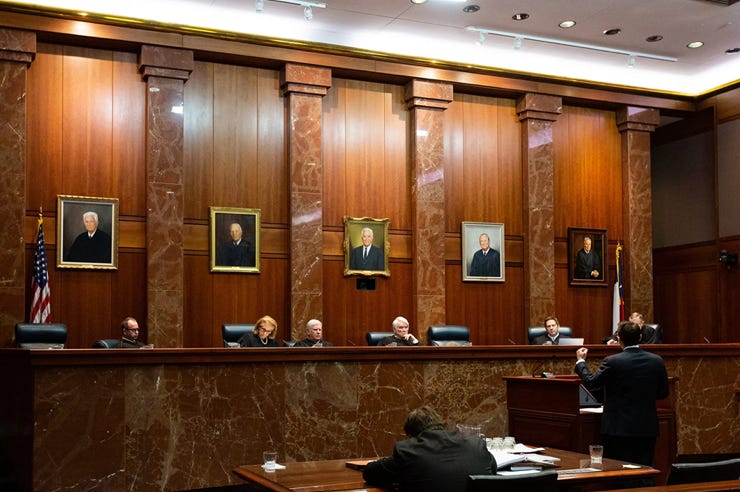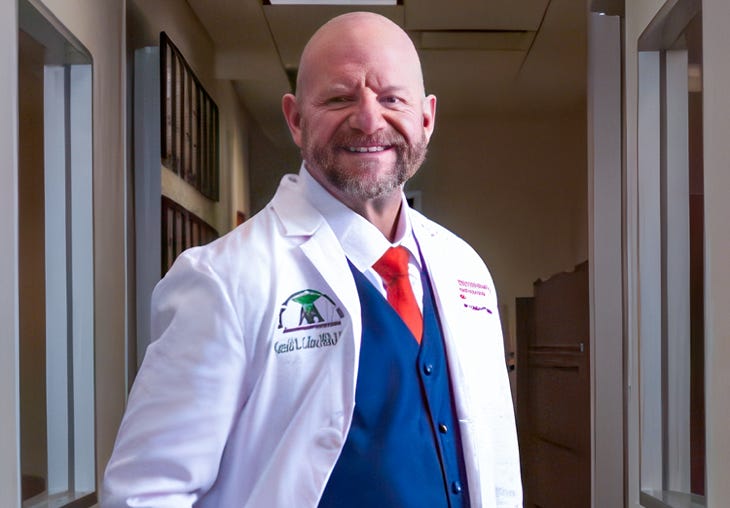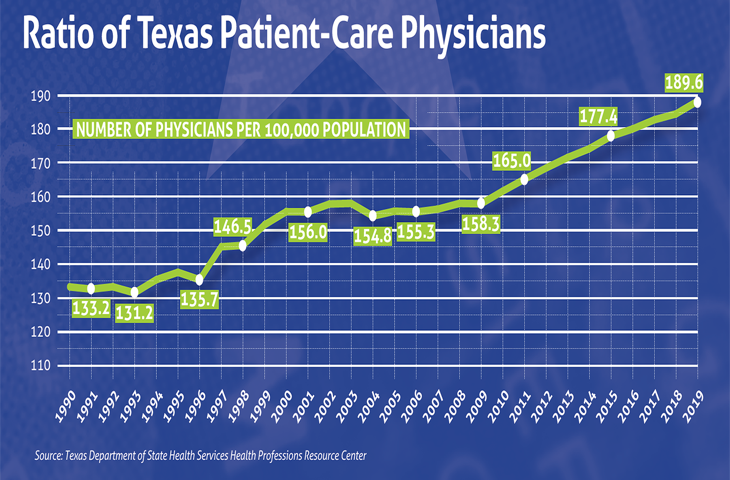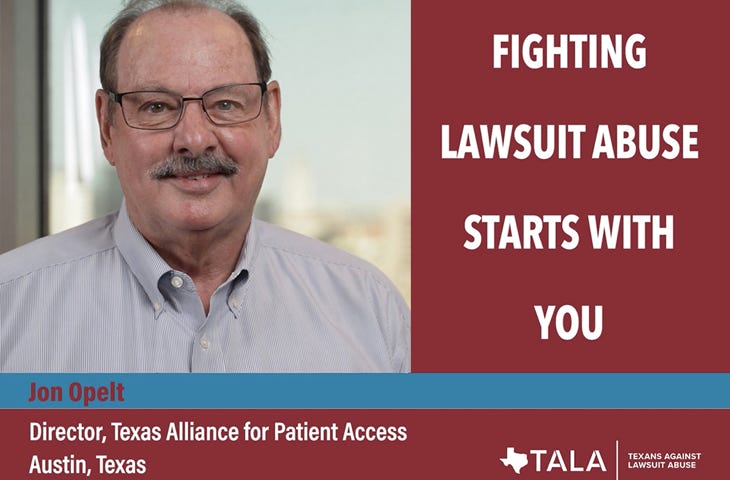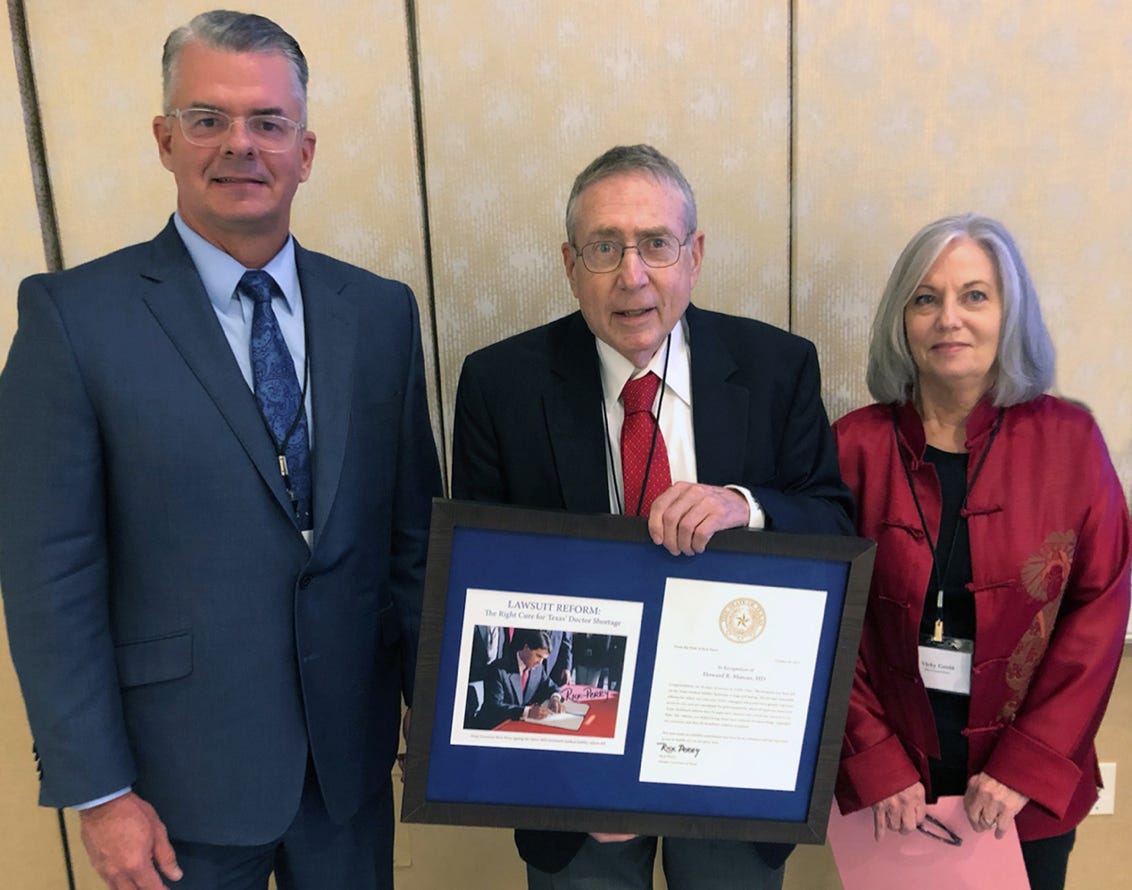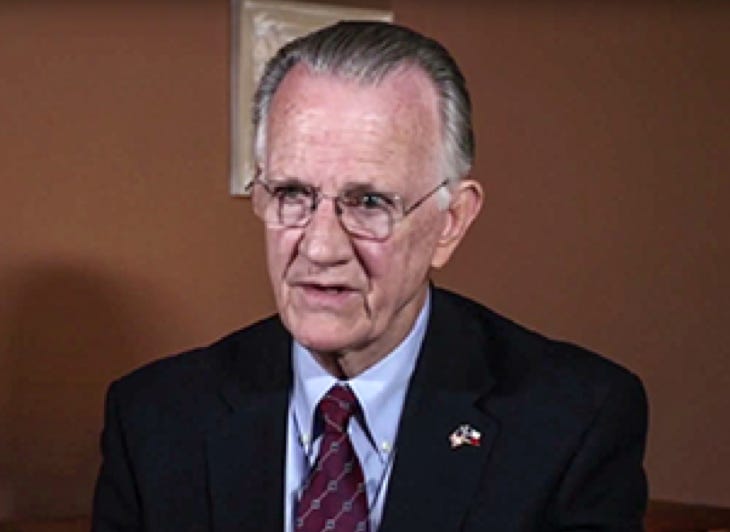More high-risk doctors are flocking to Texas
Tim Seay, president of Greater Houston Emergency Room
Physicians had grown accustomed to unsuccessfully begging physicians to come to the Houston area. That was before Texas passed health.
Texas knows how to solve health care problems
By Ted Shaw
The Texas Tribune (Online)
April 20, 2015
In 2003, Texas health care was in full-blown crisis. There were not enough physicians, particularly in high risk, hospital-based specialties, such as obstetrics, neurosurgery and trauma.
Why health reform might increase malpractice lawsuits
The Washington Post
November 4, 2015
A possible unintended consequence of one of health reform's biggest goals — curbing excess health care spending — could be a surge in malpractice lawsuits.
What is a health care liability claim in Texas?
Language in the 2003 reforms created a conundrum for lawyers, judges and health care providers when violations of safety standards were alleged. The Texas Supreme Court largely erased that confusion when it handed down the Ross v. St. Luke’s Episcopal Hospital decision May 1, 2015. The following is a discussion of the Ross decision with Texas Supreme Court Justice Phil Johnson.
Texas ranks second nationally in retention of in-state trained physicians
A letter to the editor in the August 22 edition of Syracuse.com notes that more than half of newly trained doctors are fleeing the State of New York.
The opinion piece reports that New York trains approximately 16,000 medical students each year. Only 45 percent of those newly-trained physicians choose to stay in-state to work.
Key Court Decisions since the Passage of Reforms
The law is what the courts say it is. Twelve years after its passage most elements of Texas' landmark medical lawsuit reforms have been upheld. Some of the medical liability provisions have been adjudicated at an intermediate court only. Click here for a chronology of the more significant decisions rendered by the courts.


![Houston [14th] Court of Appeals Grants Mandamus Compelling Trial Texas Supreme Court issued an opinion providing guidance on how courts should apply the periodic payments provision](images/e/covid-micro-slide-pic_web-740.jpg)
